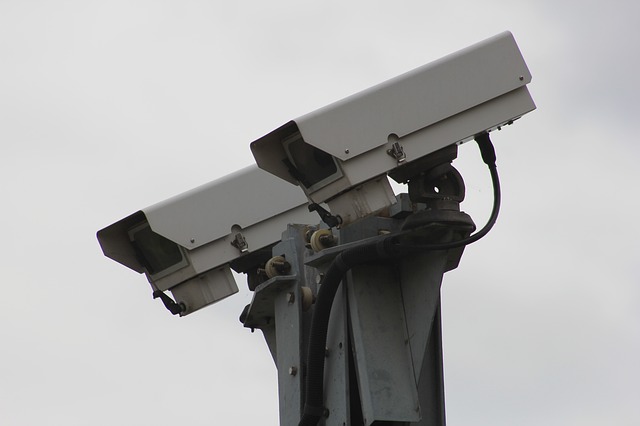Facial recognition bill will now cover rioters

Controversial plans to let gardaí use facial recognition technology (FRT) will be expanded to help assist in the identification of rioters, the government has announced.
Ministers have approved the publication of the general scheme of the Garda Síochána (Recording Devices) (Amendment) Bill 2023, which will allow the use of biometric identification to retrospectively search CCTV footage.
The bill sets out specific offences — including murder, rape and robbery — which can be investigated and prosecuted with the use of FRT. In direct response to rioting in Dublin city centre last month, the government has included the offences of riot and violent disorder in this list.
The Oireachtas justice committee has also been asked, as part of the pre-legislative scrutiny process, to consider an additional list of serious offences for possible inclusion.
Justice minister Helen McEntee said: “There has been an explosion in the use of digital data in criminal investigations, and that without adequate data analysis tools, the length of criminal investigations will increase.
“We are already seeing gardaí having to trawl through thousands of hours of CCTV — 12,000 hours in the case of the Dublin riots. Facial recognition technology will dramatically save time, speed up investigations and free up Garda resources for the high visibility policing we all want to see.
“Reducing the amount of time it takes gardaí to go through video footage will be of particular help where time is of the essence following a very serious crime being committed. It is in the interests of all parties, not least victims of crime, to have criminal investigations pursued as effectively and rapidly as possible.
“The general scheme is intended to provide for the use of biometric identification, using facial images, by An Garda Síochána for an exhaustive list of the most serious of offences. It will only provide for a limited form of retrospective use of biometric identification which can assist An Garda Síochána when they are searching CCTV footage and data.”
She added: “While allowing An Garda Síochána access to technology to assist them in performing their function is something that we can all agree is necessary, the power provided must be subject to sufficient safeguards and oversight to ensure the use of this technology is necessary and proportionate at all times.
“This draft bill ensures there is a requirement for a statutory code of practice, including requirements to conduct data protection and human rights impact assessments.
“Not only does it ensure that the requirements for a code of practice cover the use of this type of biometric identification, it also ensures that any code created under these provisions, will have to be approved by the Houses of the Oireachtas.
“There will also be judicial oversight. The designated judge of the High Court will have to report to the Taoiseach annually on the operation of the Part and the report will be laid before the Oireachtas.”
The general scheme will now be submitted to the joint Oireachtas committee on justice for pre-legislative scrutiny and to the Office of Parliamentary Counsel for drafting.










